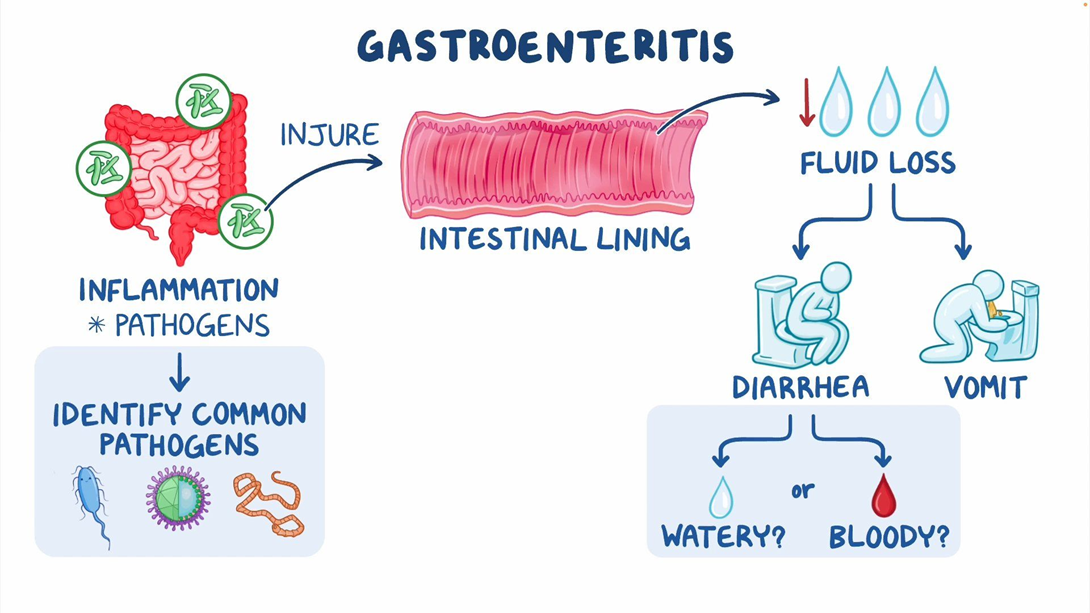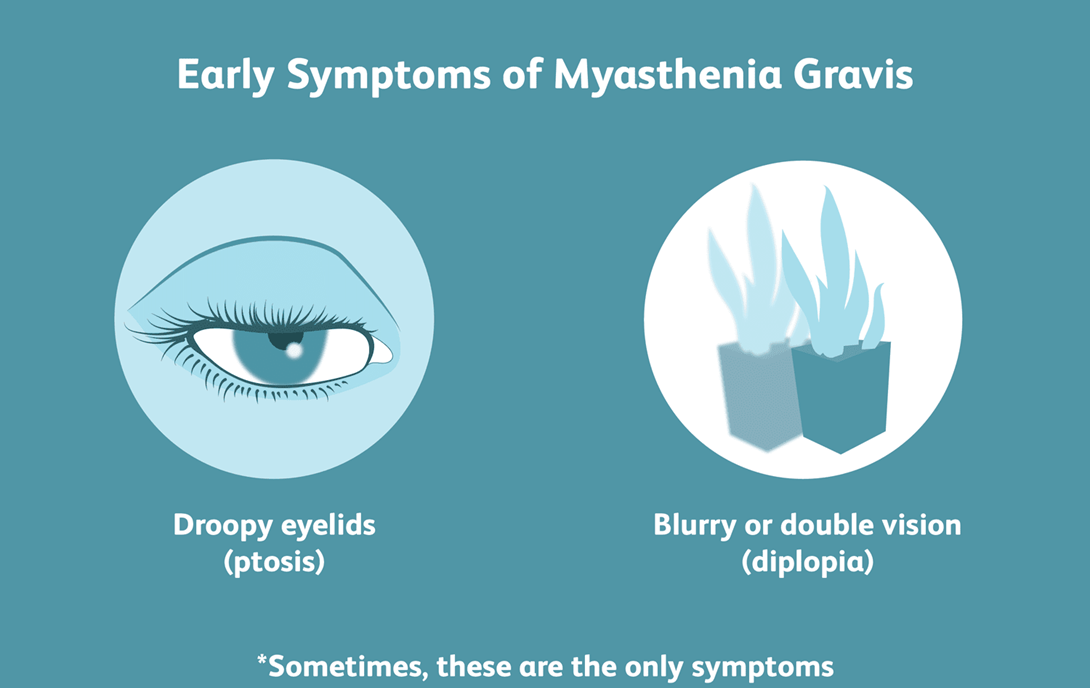A nurse is providing teaching about a weight reduction plan to a client who is obese and has type 2 diabetes mellitus. Which of the following statements by the client indicates an understanding of the teaching?
I should reduce my caloric intake by 200 calories a day to lose 1 pound a week.
I need to lose 5 percent of my body weight to improve my glycemic control.
I must exercise for 30 minutes three times a week to lose 1 pound per week.
If my blood glucose level drops during exercise, I should drink 16 ounces of apple juice.
The Correct Answer is B
Choice A reason: Reducing caloric intake by 200 calories a day may not be enough to achieve significant weight loss for a client who is obese. The recommended daily calorie deficit for weight loss is 500 to 750 calories, which can result in a loss of 1 to 1.5 pounds per week¹.
Choice B reason: Losing 5 percent of body weight can improve glycemic control and reduce the need for glucose-lowering medications for a client who has type 2 diabetes. Studies have shown that weight loss of 5 to 10 percent can lower HbA1c levels by 0.5 to 1.0 percentage points².
Choice C reason: Exercising for 30 minutes three times a week may not be sufficient to lose 1 pound per week. The recommended amount of physical activity for weight loss is at least 150 minutes of moderate-intensity aerobic exercise per week, plus resistance training at least twice a week³.
Choice D reason: Drinking 16 ounces of apple juice is not advisable if the blood glucose level drops during exercise, as it can cause hyperglycemia. Apple juice contains about 48 grams of carbohydrates, which is equivalent to four servings of glucose tablets⁴. The recommended treatment for hypoglycemia is to consume 15 to 20 grams of fast-acting carbohydrates, such as glucose tablets, gel, or juice, and recheck the blood glucose level after 15 minutes⁵.
Nursing Test Bank
Naxlex Comprehensive Predictor Exams
Related Questions
Correct Answer is A
Explanation
Choice A reason: Confusion and weakness are signs of dehydration and electrolyte imbalance, which can result from vomiting and diarrhea. These are serious complications that can affect the client's mental status, blood pressure, heart rate, and kidney function. The nurse should report these changes to the provider and monitor the client's vital signs and fluid status.
Choice B reason: Dry oral mucosa and furrowed tongue are also signs of dehydration, but they are less severe than confusion and weakness. The nurse should report these changes to the provider as well, but they are not the most urgent ones.
Choice C reason: Clear lungs bilaterally are a normal finding and do not indicate any change in the client's condition. The nurse should document this finding, but it does not require reporting to the provider.
Choice D reason: A soft and non-tender abdomen is a normal finding and does not indicate any change in the client's condition. The nurse should document this finding, but it does not require reporting to the provider.

Correct Answer is B
Explanation
Choice A reason: Anticholinesterase medications should be taken 30 minutes before meals, not with meals. This is because they enhance the action of acetylcholine, which improves muscle strength and swallowing ability.
Choice B reason: Positioning the head of the client's bed to 40° while eating helps prevent aspiration and facilitates swallowing. This is the best action for the nurse to take for a client who has myasthenia gravis.
Choice C reason: Encouraging the client to lie down after eating is not advisable, as it increases the risk of aspiration and reflux. The client should remain upright for at least 30 minutes after eating.
Choice D reason: Providing the client with food cut into small bites is not enough to ensure safe and adequate nutrition. The client may still have difficulty swallowing and chewing. The nurse should also offer soft, moist, and easy-to-swallow foods, and avoid foods that are dry, sticky, or hard.

Whether you are a student looking to ace your exams or a practicing nurse seeking to enhance your expertise , our nursing education contents will empower you with the confidence and competence to make a difference in the lives of patients and become a respected leader in the healthcare field.
Visit Naxlex, invest in your future and unlock endless possibilities with our unparalleled nursing education contents today
Report Wrong Answer on the Current Question
Do you disagree with the answer? If yes, what is your expected answer? Explain.
Kindly be descriptive with the issue you are facing.
